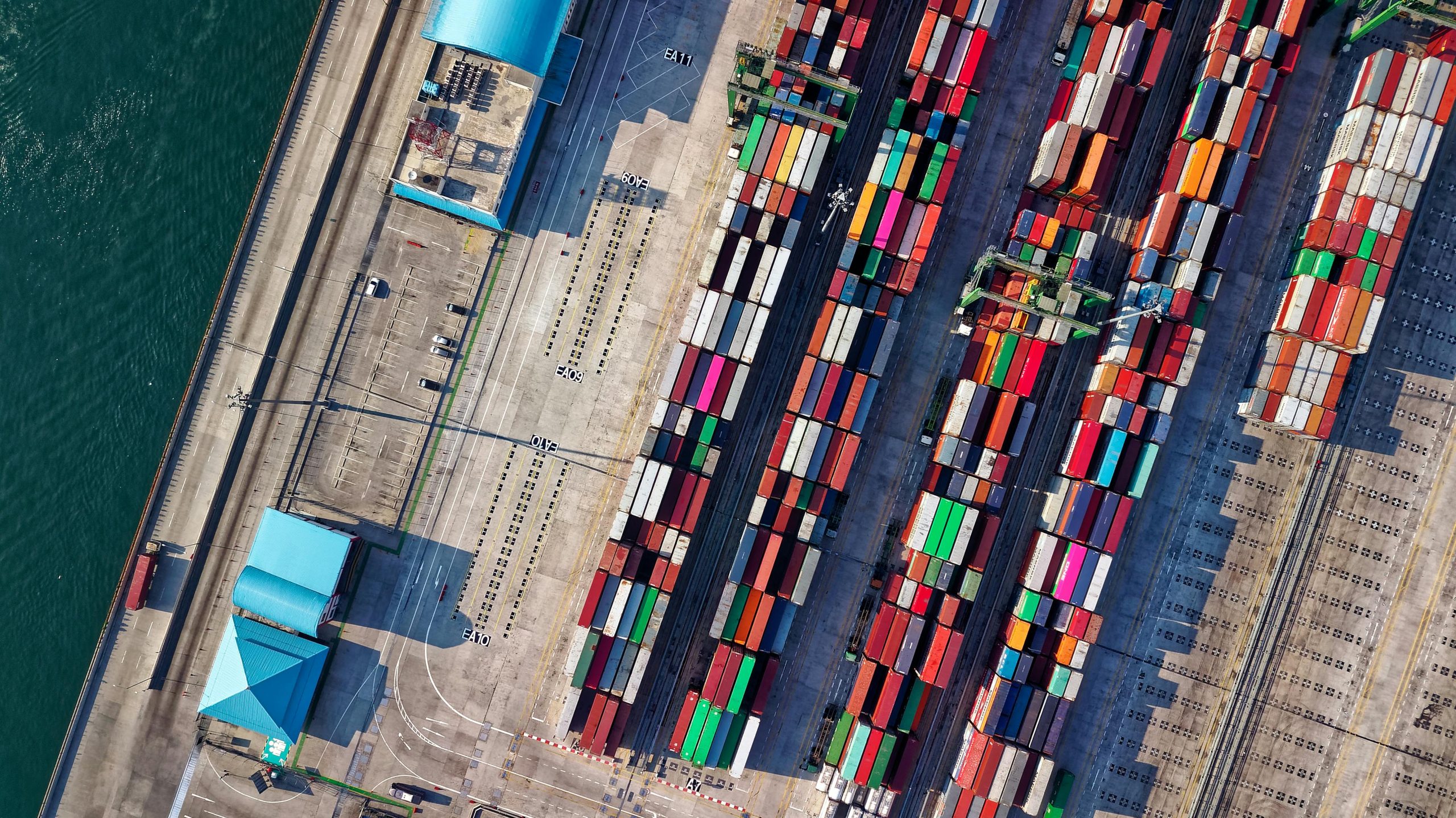In the fast-paced world of shipping and logistics, ensuring the safety, efficiency, and cost-effectiveness of your cargo is key. Here’s a guide with expert tips to help businesses optimize their shipping processes from start to finish.
1. Choose the Right Shipping Method
Selecting the best shipping method—air, sea, or land—can greatly impact your costs, delivery times, and overall customer satisfaction. Consider the nature of your cargo, the urgency of delivery, and your budget when choosing the shipping mode.
Quick Tip:
- For time-sensitive shipments, air freight is ideal.
- For bulk, non-urgent shipments, sea freight offers a more economical solution.
2. Invest in Quality Packaging
Packaging is one of the most crucial aspects of shipping, as it protects your goods from potential damage during transit. Invest in high-quality packaging materials that suit the specific needs of your cargo. Use cushioning, padding, and secure sealing to ensure that items are properly protected.
Types of Packaging Materials to Consider:
- Corrugated boxes for standard shipments.
- Wooden crates for heavy or oversized goods.
- Foam padding and bubble wrap for fragile items.
Best Practice: Double-check that your packaging meets the shipping carrier’s guidelines to avoid damage claims and delays.
3. Label Everything Accurately
Proper labeling ensures that your shipments are handled and routed correctly. Clearly mark the destination, handling instructions (e.g., “Fragile,” “This Side Up”), and any other important details to prevent mishandling. Include the recipient’s full address and contact information on every label.
Pro Tip:
- Invest in waterproof labels to prevent damage in cases where items are exposed to moisture during transit.
- Add a return address and secondary contact number to cover any issues with delivery.
4. Plan and Schedule Shipments in Advance
Advance planning is key for avoiding last-minute shipping costs and unexpected delays. By scheduling shipments early, you can often secure better freight rates and ensure that your shipments arrive on time, even during peak seasons.
Cost-Saving Advice:
- For larger shipments, consider consolidating cargo to take advantage of bulk discounts.
- Booking during off-peak times can help avoid high rates associated with demand surges.
5. Understand and Follow Compliance Regulations
Different countries have unique customs and import/export regulations, and non-compliance can lead to fines, delays, or even confiscation of goods. Make sure you understand the regulatory requirements, such as duties, taxes, and necessary permits.
Compliance Checklist:
- Verify your shipment’s Harmonized System (HS) code for accurate classification.
- Prepare all essential documents, like the Commercial Invoice, Bill of Lading, and Certificate of Origin.
- Stay informed about changing trade policies or tariffs for your shipping routes.
Pro Tip: Partnering with a knowledgeable freight forwarder or customs broker can help you stay compliant without the administrative burden.
6. Track Shipments in Real-Time
Investing in a reliable tracking system is essential for monitoring your shipment’s progress. Real-time tracking allows you to identify delays early and proactively inform your recipients, which improves customer service and builds trust.
Benefits of Real-Time Tracking:
- Increases visibility in your supply chain.
- Reduces the risk of lost shipments.
- Enables timely issue resolution in case of unexpected delays.
Pro Tip: Most freight forwarding companies, like Jet Forwarding Lanka, offer advanced tracking tools to help clients monitor their cargo every step of the way.
7. Partner with a Reputable Freight Forwarding Company
Working with an experienced freight forwarder simplifies the entire shipping process, from planning and documentation to customs clearance and last-mile delivery. A skilled partner can help you avoid costly mistakes, find the best routes, and negotiate competitive rates for your shipments.
What to Look for in a Freight Forwarding Partner:
- Expertise in your industry and shipment type.
- Strong relationships with carriers and customs agencies.
- Comprehensive service options, including door-to-door delivery and warehousing.
At Jet Forwarding Lanka, we pride ourselves on providing clients with reliable, end-to-end shipping solutions that prioritize efficiency and safety.
Final Thoughts
Shipping goods efficiently and cost-effectively requires careful planning and attention to detail. By choosing the right shipping method, investing in quality packaging, following compliance regulations, and partnering with an experienced freight forwarder, you can streamline your shipping process and improve overall outcomes. Following these best practices will not only help you avoid delays and extra costs but also build trust with your clients as you deliver their goods securely and on time.
Let Jet Forwarding Lanka handle the complexities of shipping, so you can focus on growing your business with peace of mind.






A wonderful serenity has taken possession of my entire soul, like these sweet mornings of spring which I enjoy with my whole heart.
Neque turpis vitae eros praesent varius. Egestas pellentesque urna blandit, sed ac leo ut mi, nam wisi, laborum donec erat amet.
Design is the fundamental soul of a man-made creation that ends up expressing itself in successive outer layers of the product or service.
Prepared do an dissuade be so whatever steepest. Yet her beyond looked either day wished nay. By doubtful disposed do juvenile an.
Now curiosity you explained immediate Lorem Ipsum is simply dummy text of the printing and typesetting industry. Lorem Ipsum standard dummy lorem Ipsum is simply dummy.
Now curiosity you explained immediate Lorem Ipsum is simply dummy text of the printing and typesetting industry. Lorem Ipsum standard dummy lorem Ipsum is simply dummy.